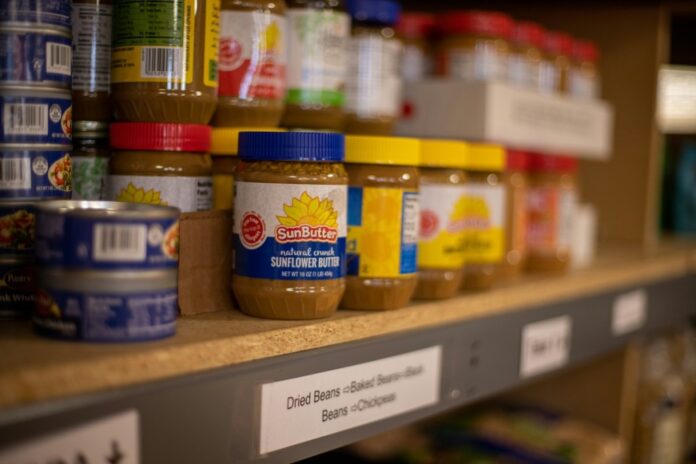As the government prepares to resume Supplemental Nutrition Assistance Program (SNAP) payments, the delay has shed a light on the food insecurity felt by many working Americans.
Across the U.S., there has been an outpouring of support for these individuals, as well as for the hundreds of thousands of federal workers who have lost their jobs and others are facing hardship due to repercussions from government policies — including both hospitality workers and members of the meetings industry
One contract meeting planner/trip director from Boston told Skift Meetings that her gigs started drying up in the spring when meetings were canceled as the result of government funding cuts. The work has not returned, and she has been forced to tap her family for help and to supplement her food shopping with visits to her local food pantry.
Meetings and Hospitality Industries Respond
A number of meetings industry nonprofits, including The Meetings Industry Fund, which provides confidential financial assistance to individuals who are directly involved in the planning, execution, delivery, and support of meetings, are stepping in to help.
“While we have seen an overall increase in grant requests, we have also seen a similar decrease in donations to our fund,” said Walt Galanty, president of AIM Meetings and Events and chair of the board of directors of The Meetings Industry Fund. “This has been tough, and we struggle with fully funding grant requests based upon the dire needs of many.”
The SEARCH Foundation also offers support to individuals in the live events, meetings, and catering industries. The range allowed to any individual is up to $5,000 per occurrence within a 12-month period.
During the 24th annual silent auction at last week’s Annual Conference, Financial & Insurance Conference Planners (FICP) raised $130,671.18, with $94,671.18 of that going to Court Appointed Special Advocates (CASA) for Children of DC. CASA’s volunteers act as advocates for children in foster care. The organization’s federal funding was cut by the Department of Justice earlier this year.
Food Donations Growing
In Washington, D.C., World Central Kitchen, the not-for-profit organization founded in 2010 by Spanish American chef and restaurateur José Andrés, is serving meals from public distribution sites throughout the city for federal employees and their families impacted by the U.S. government shutdown. They’re also working with local partners to provide meals to essential airport staff at four major airports — JFK, Reagan National, Dulles, and Baltimore/Washington.
In Minneapolis, the Radisson Blu Mall of America is offering free chicken and vegetarian pot pies for families who typically receive SNAP or EBT assistance through Dec. 1, with “no questions asked,” according to the announcement.
In Boston, the Fairmont Copley Plaza is using an app to offer discounted meals to those in need, while employees of the Seaport Hotel are hosting a food drive through November 14. Donors just need to drive up to the main entrance, where the valet team will accept the donations.
In the Bronx, the New York City borough with highest poverty rate, Reverend John Udo-Okon summed the crisis up best when he told the Associated Press that his World of Life Christian Fellowship International pantry is no longer for the poor, the elderly, or the needy. “The pantry now is for the whole community — everybody.”

